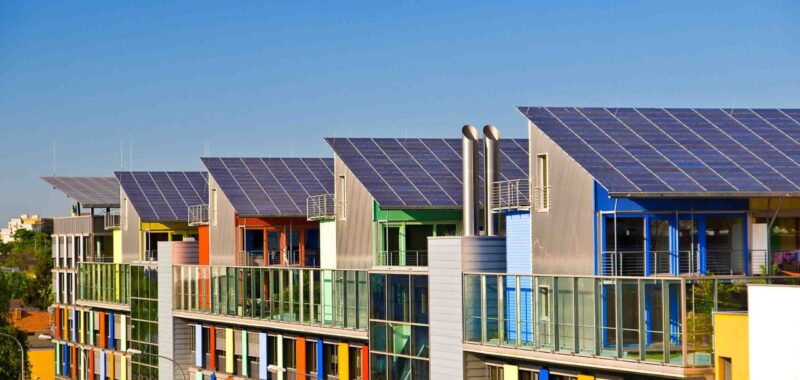By the time I met Johannes Schlögl, my tour guide for the evening, near the visitor center in Freiburgâs Old Town, Iâd already clocked much of whatâs made this city a sustainable epicenter: Virtually car-free cobblestone streets, wide bike lanes lining traffic-calmed streets, bike-share stations and racks installed left, right and center, and zero-waste products lining shelves at local natural food stores.
He was waiting for me, smiling broadly, and stood next to a Klimacamp tent stationed to draw attention to the climate crisis and provide a space for open exchange and climate education. I chuckled, both in awe and surprise, at the idea that in a city this committed to sustainability, concerned residents were still demonstrating to advance the cityâs climate protection measures.
Measures which Schlögl would tell me more about as he led me through the vehicle-free city center; and stories, not just of ancient architecture as we sipped wine in the shadow of the magnificent Gothic-design Freiburger Münster, but how the city he calls home is one of the most sustainable in Europe. Itâs a milestone that didnât happen by accident.

